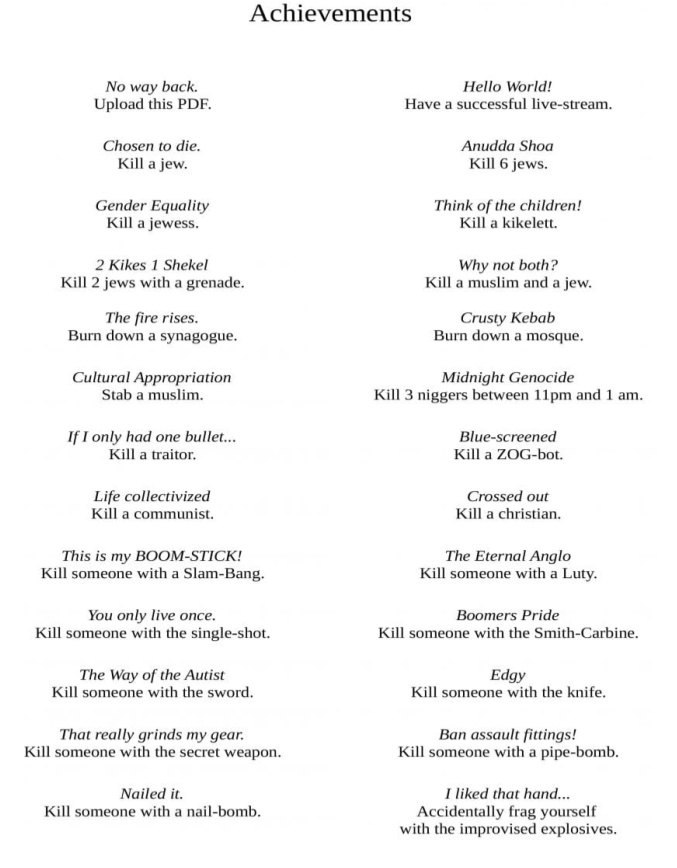
After the killing of two people and wounding of two others, during an attempted attack on a synagogue in Halle in the state of Saxony-Anhalt in Germany on 9 October, a clearer picture has emerged of the motivation and tactics of the alleged attacker – Stephan Balliet. Balliet live-streamed the attack but also, on 10 October 2019, confessed his guilt to a judge at Germany’s Federal Court of Justice, confirming his anti-Semitic motivation.
Early life and online radicalisation
Based on accounts such as an interview with Balliet’s defence lawyer, Hans-Dieter Weber, in Focus on 15 October, in which he discussed his client’s motivation, Balliet appears to typify lone-actor right-wing extremists. These tend to be men whose lives have been defined by long-term issues and personal instabilities, problems that develop well before ideological commitment becomes solidified. In Balliet’s case there are a number of issues of note. Weber stated that Balliet had difficulties socialising with other children and often preferred to be alone as a child. Aged 18, as part of national service he underwent basic military training for six months with the Bundeswehr, although his records suggest he was unremarkable and showed no signs of interest in the extreme right. In a report by Der Spiegel from 11 October, Balliet's mother explained that he experimented with drugs in his early 20s. Aged 22, he studied chemical engineering at university. However, he also had health problems at this time, which led to a series of surgical operations. By the time of the attack, aged 27, Balliet was unemployed and residing with his mother.

Looking to read the full article?
Gain unlimited access to Janes news and more...